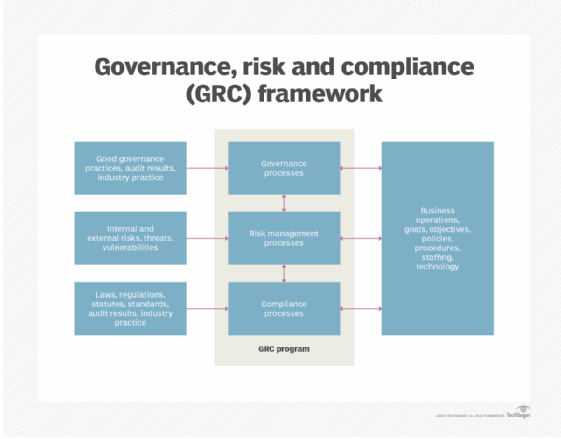Phone: +254 700 524589 | +254 782 524589 Email: [email protected]
Introduction
In a world where sustainability and social responsibility are paramount, Environmental Social and Governance (ESG) practices have gained prominence. This comprehensive guide dives deep into the concept of ESG, offering insights and expertise on how it influences businesses, investors, and society at large.
Environmental Social and Governance: A Brief Overview
Environmental Social and Governance (ESG) in a Nutshell
ESG is a framework used by organizations to evaluate their impact on the environment, society, and corporate governance. It’s a set of criteria that help measure a company’s ethical and sustainability performance. This framework is crucial for businesses, investors, and stakeholders as it reflects a company’s commitment to responsible practices.
The Importance of ESG
Sustainability for a Better Future
ESG principles play a pivotal role in today’s business landscape. They not only help companies make responsible decisions but also enhance their reputation and market competitiveness. By prioritizing sustainability, businesses contribute to a better future for all.
ESG for Investors
Investing with a Purpose
Investors are increasingly considering ESG factors in their decision-making process. ESG investment strategies not only provide financial returns but also align with ethical values. This approach ensures a win-win situation for investors and society.
ESG: Environmental Aspect
Evaluating Environmental Impact
Companies that care about their environmental footprint embrace practices such as reducing carbon emissions, conserving energy, and minimizing waste. By doing so, they contribute to a healthier planet.
ESG: Social Aspect
Nurturing Societal Well-being
The social aspect of ESG emphasizes social responsibility, diversity, and fair labor practices. Companies that prioritize this aspect focus on promoting a diverse and inclusive work environment while also engaging in community development.
ESG: Governance Aspect
Ensuring Ethical Governance
Governance within ESG is about maintaining strong ethical principles in an organization’s decision-making process. It involves responsible leadership, transparent communication, and fair compensation practices.
Frequently Asked Questions (FAQs)
- What is the main goal of ESG? The primary goal of ESG is to assess and promote ethical, sustainable, and responsible practices within organizations.
- How do ESG principles benefit businesses? ESG principles help businesses enhance their reputation, competitiveness, and long-term sustainability.
- Why should investors consider ESG factors? Investors should consider ESG factors to align their investments with their ethical values and promote responsible business practices.
- What is the significance of the environmental aspect of ESG? The environmental aspect focuses on reducing a company’s ecological footprint, which contributes to a healthier planet.
- How does ESG promote social responsibility? ESG promotes social responsibility by encouraging diverse and inclusive workplaces and community engagement.
- What role does governance play in ESG? Governance ensures ethical decision-making, transparent communication, and fair compensation practices within organizations.
Conclusion
Environmental Social and Governance (ESG) is a powerful framework that promotes ethical, sustainable, and responsible practices within organizations. By embracing ESG principles, businesses not only improve their image but also contribute to a better future for all. For investors, ESG offers an opportunity to align their investments with their values. In a world that increasingly values social responsibility and sustainability, ESG is more relevant than ever.

